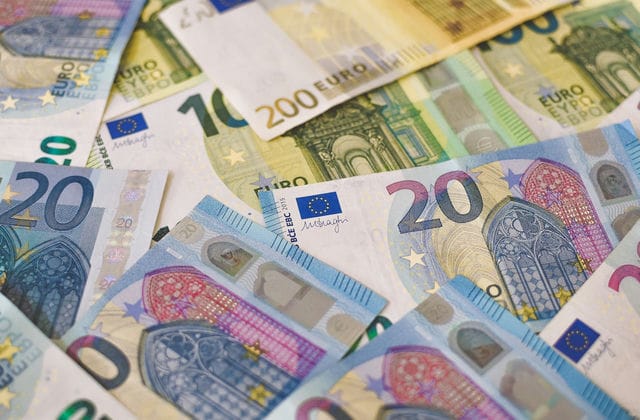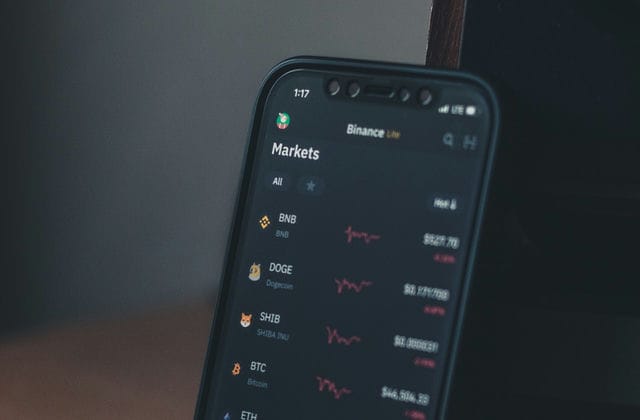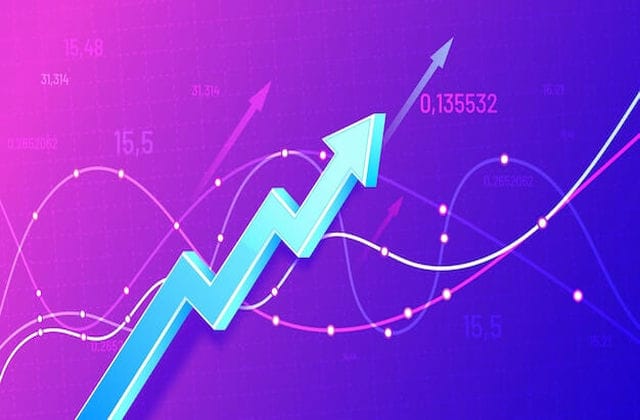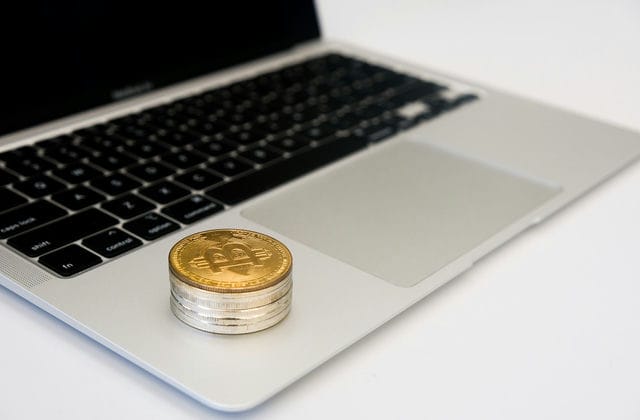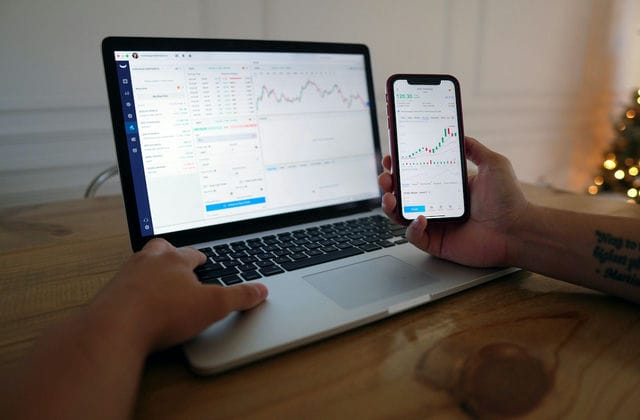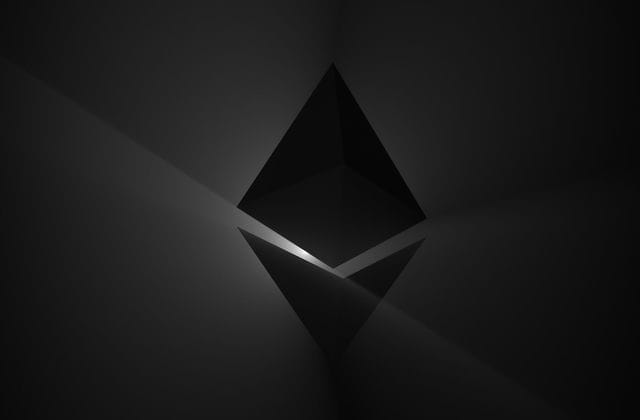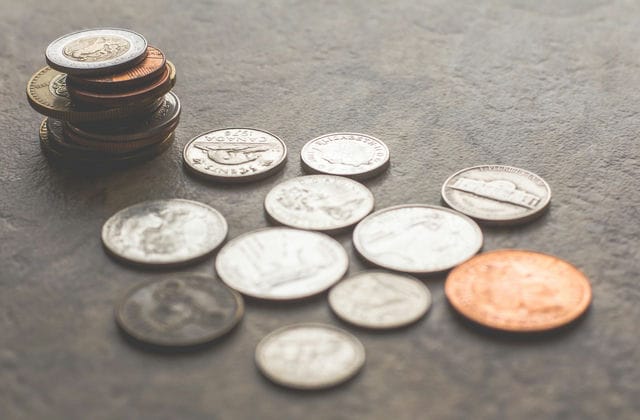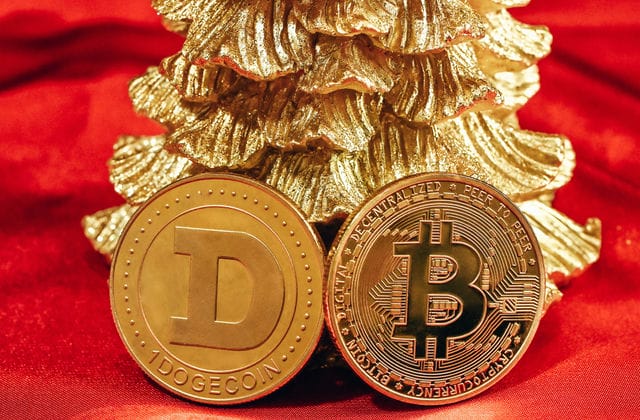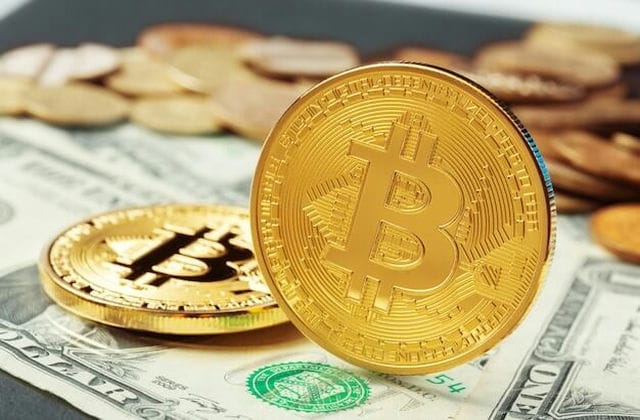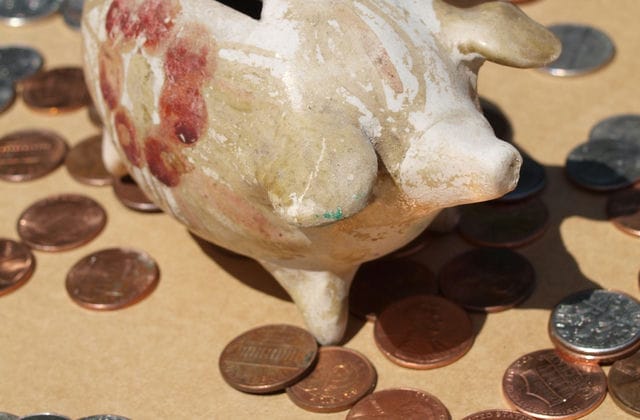Blockchain is revolutionizing the way we transact by giving the world a new monetary domain - cryptocurrency. However, blockchain has the potential to do more than just transactions. In this article, we will discuss possible use cases for blockchain and address the issue of blockchain as the new Internet.

The blockchain was conceived in 2008 by Satoshi Nakamoto as a powerful decentralized ledger to store all transaction records in an irretrievable manner. Blockchain was originally developed to support the world's first digital currency - Bitcoin. Since then, it has been successfully applied to transform other industries, from banking and insurance to construction and real estate. Some reports have even called blockchain the new internet.
Why is blockchain so revolutionary?
Blockchain provides a platform for two parties to trade with each other without having to trust a third party intermediary. In this way, we eliminate the possibility of counterparty fraud. Blockchain is also a powerful way to store data. Unlike databases that are stored on a central server, blockchains are decentralized. This property makes data on the blockchain widely available, accurate, comprehensive and consistent. In addition, information on the blockchain cannot be attacked due to its decentralized nature. Changes to the blockchain are broadcast publicly, thus making transactions transparent and immutable. These advantages make blockchain a revolutionary platform for trading any type of digital asset.
What else is blockchain?
In addition to cryptocurrencies, blockchain can be used in a variety of applications. Blockchain can be used to securely manage remote IoT devices and log data from them to a decentralized network. In addition, blockchain-based smart contracts can be used to convert crowd funding. Brokers and exchanges will face extinction when blockchain is applied to financial markets. Dealing with real estate could also become less cumbersome, as blockchain would eliminate the risk of agent fraud. Tracking of goods during logistics operations could also be managed using blockchain. In addition to this, there is gossip about blockchain becoming the basis of the new internet.
Blockchain is the new internet! True?
Curious people watching the HBO sitcom Silicon Valley may associate the idea of decentralization with the concept of the "new internet" proposed by the protagonist Richard Hendricks. For the same reason, and because of its underlying concept of decentralization, they might presume that the blockchain is the basis of the new internet. However, not all of this is true. While blockchain undoubtedly has unlimited potential to transform our transactions, it may not be the same as the new internet. But hope is not lost.
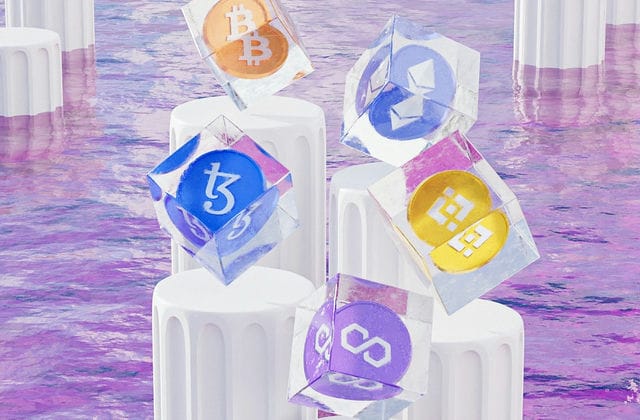
Blockchain may not be the new internet, but it does relate to the " Linux breakthrough" at the start of this millennium. Like Linux, blockchain is open source and cheap compared to current payment protocols. In fact, blockchain is estimated to help banks save up to $20 billion a year in transaction costs. Going back to the analogy, just like Linux, blockchain is more democratic and technically attractive than existing options.
In short, blockchain may not be the 'new internet' at the moment, but it has huge potential to absorb and transform different sectors. The data security and reliability of blockchain technology is attracting investors and raising significant funding for blockchain projects. In this sense, like the internet boom of the late 90s, we can compare blockchain to the new internet.












